A state of uncertainty engulfed the world. The contemporary global landscape is torn between two opposing forces: the aspirational pursuit of a more just and inclusive world order and the ensuing uncertainty that such a transition might reproduce erstwhile entrenched hierarchies, thereby fostering anxiety and strategic ambiguity among global players in general and in India in particular.
In the words of Amitav Acharya, a well-known scholar of international relations, “The evolving global order is marked by a tension between the normative aspiration for a more inclusive and pluralistic ‘multiplex’ world order and the uncertainty that such a shift may reproduce existing hegemonies under a new guise.”
The relative decline of the US-led political West and the concomitant rise of China have been defining features of the international system for the last two decades. The 2008 global financial crisis accentuated this power shift and laid bare systemic vulnerabilities in Western economics. The ascension of Xi Jinping to Chinese leadership in 2013 marked a strategic inflexion point, as China increasingly read this as a godsend moment to challenge and potentially unseat the US from global leadership.
The victory of Donald Trump in the 2016 US presidential election and his return to office in 2025 dealt a severe blow to foundational principles of liberal international order, opening the front against its core norms of multilateralism, institutionalism, and global cooperation. He withdrew from multilateral institutions such as the Trans-Pacific Partnership (TPP), the WHO, and Unesco, threatened Nato commitments, and sabotaged WTO appellate appointments, showing his scepticism of global institutions.
Even under the Biden administration, growing economic nationalism is reflected in the CHIPS Act and Inflation Reduction Act, as well as selective trade cooperation that largely bypasses global forums like the WTO. In a sense, the architecture of the current order increasingly approaches multilateralism in a more transactional, narrow, interest-driven fashion.
Impact Shorts
More ShortsTrump’s transactional approach manifested in his maniacal idée fixe of tariffs, coupled with his personal business interests, dealt a blow to the image of the US as a responsible power. He subordinated the long-term strategic interest of the United States to his own parochial, personal ambitions and, in a way, did irreparable damage to the US leadership. On speaking to the evolving global situation at the Aspen Security Forum, former Secretary of State Condoleezza Rice has accepted that “President Trump has irrevocably upended the global order, and we are probably not going back to exactly that system.”
The prevailing Western view on the current world order is that it has been successful in managing global chaos, and its unravelling under Trump is deeply worrisome and does not bode well for global economic and human security. Whereas Acharya argues in his latest book, The Once and Future of World Order, that “the liberal world order no longer reflects the power dynamic of the 21st century and remains disproportionately lopsided in favour of the victors of the Second World War. The ongoing unravelling of this order presents an opportunity to rectify this structural anomaly and construct a genuinely pluralistic system that reflects value plurality and more equitable distribution of influence”.
In a given fragmented world, this is a long, drawn-out game. The eventual breakdown of the current world order may give rise to three potential scenarios: a fragmented international order marked by competing blocs, a shift towards selective cooperation based on overlapping interests, and the emergence of a reformed institutional framework that reflects evolving global power dynamics.
India’s Imperative in Changing Global Landscape
For India, this unpacking of the world order represents both opportunities and challenges. The diffusion of power in the international system aligns perfectly with India’s stated foreign policy objective of strategic autonomy. India must brace up for all three trajectories of the emerging global order.
As a first priority, New Delhi must focus on stabilising its immediate neighbourhood, which has remained in disarray for quite some time in the recent past. Anti-India sentiments in Nepal and Bangladesh have witnessed a notable ascendency, while Pakistan—backed by multi-dimensional support from China—continues to cause a geostrategic headache. This necessitates a calibrated and nimble-footed diplomatic approach.
Furthermore, in the increasingly pivotal Indo-Pacific region, India has to exhibit clarity while engaging a host of partners in different regional groupings. India’s participation in groupings such as Quad, I2U2 and a trilateral initiative with France and the UAE should be predicated on its hedging need vis-à-vis assertive China. Along with the Indian Ocean littoral countries, extraterritorial powers that have stakes and capacity and overlap with India’s strategic interests must be given priority. Of late, France and the UK have emerged as pivotal states that tick all the boxes.
Non-Western groupings such as Brics plus, SCO, Asean, etc. have gained renewed traction due to the rupturing of the liberal economic order. These groupings are an arena of growing tussle for leadership in the global south. Brics plus particularly emerged as a counterbalance to Western hegemony. India’s interest lies in not letting it be dominated by China, in concert with like-minded countries such as Brazil. This approach is in sync with India’s effort to reshape the world order from within in a collaboration with middle and rising powers that have reservations with both Chinese authoritarian tendencies and Western hypocrisy in the garb of democracy.
The Indian strategic community is aware of the risks of being drawn into alliance-based partnerships. Alliance comes at the cost of overcommitment and entanglements that can affect a state’s autonomy, expose it to disproportionate risk, and be a burden on its long-term national interests. The growing prominence of interest-driven minilateral frameworks attests to the waning relevance of rigid, alliance-centred groupings.
Nevertheless, certain Western scholars have criticised New Delhi’s quest for strategic autonomy and commitment to multipolarity, arguing that such an approach risks making India irrelevant amid the intensifying bipolar contest between China and the USA.
However, given its historical experience with Western powers, the relative disparity in comprehensive national power vis-à-vis China, and its complex Asian geopolitical setting, New Delhi faces the risk of being positioned as a frontline state against Beijing. The Ukrainian experience offers hard lessons for states situated in critical geopolitical fault lines about the perils of over-reliance on the United States.
The recent flare-up with Pakistan brought home an awakening that India is alone in the ring. It cannot assume the existence of automatic support. As great powers seek leverage, not genuine partnership. In the case of Pakistan, great powers can extract more leverage.
To sum up, uncertainty has become a defining feature of the contemporary world. The uncertainty is driven primarily by shifts in both Asian and global power structures and further compounded by the disruptive leadership styles of Donald Trump and Xi Jinping.
In this fluid global environment, India’s strategic choices remain unsettled. India’s best course lies in avoiding putting all its strategic options in a single basket. A multi-aligned, option-preserving statecraft framework should underpin its foreign policy choices.
Economic self-reliance, combined with a credible defence deterrence in conjunction with a stabilised neighbourhood, can provide the strategic springboard for diverse global engagement in norm-shaping minilateral and multilateral avenues. This eliminates the risk of being forced into a binary choice while increasing India’s capacity to shape outcomes.
Amitabh Singh teaches at the Centre for Russian and Central Asian Studies, School of International Studies, Jawaharlal Nehru University. Ankur is a doctoral candidate at the Centre for Russian and Central Asian Studies, School of International Studies, JNU. The views expressed in the above piece are personal and solely those of the authors. They do not necessarily reflect Firstpost’s views.


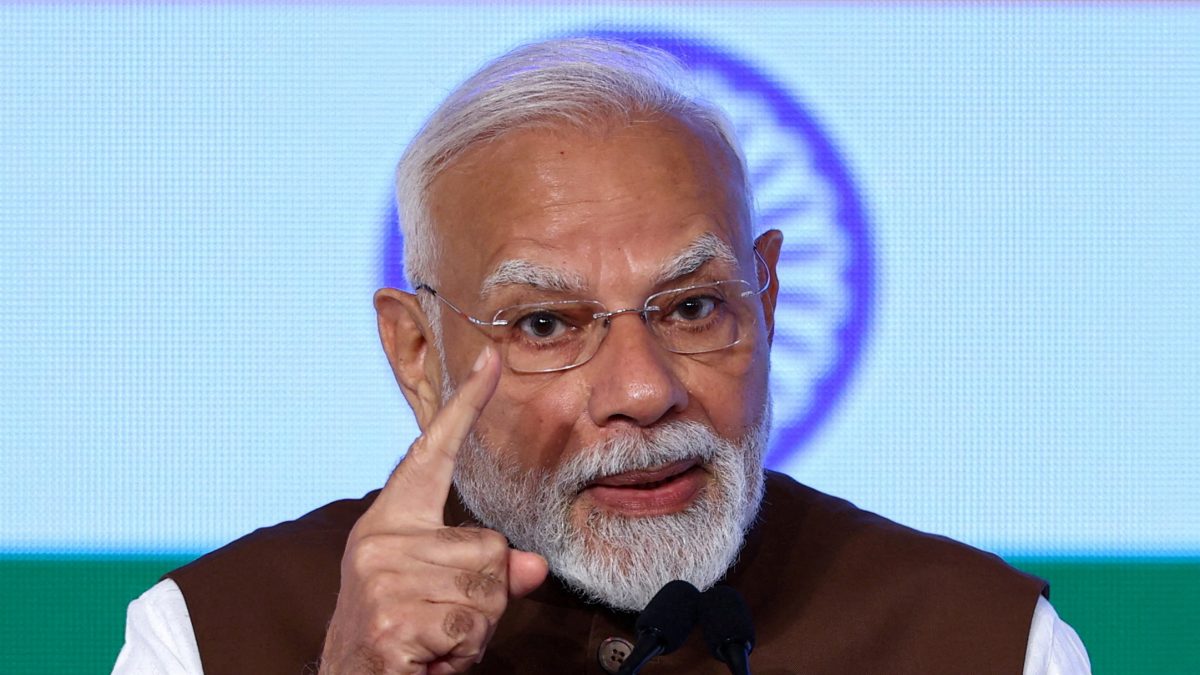)
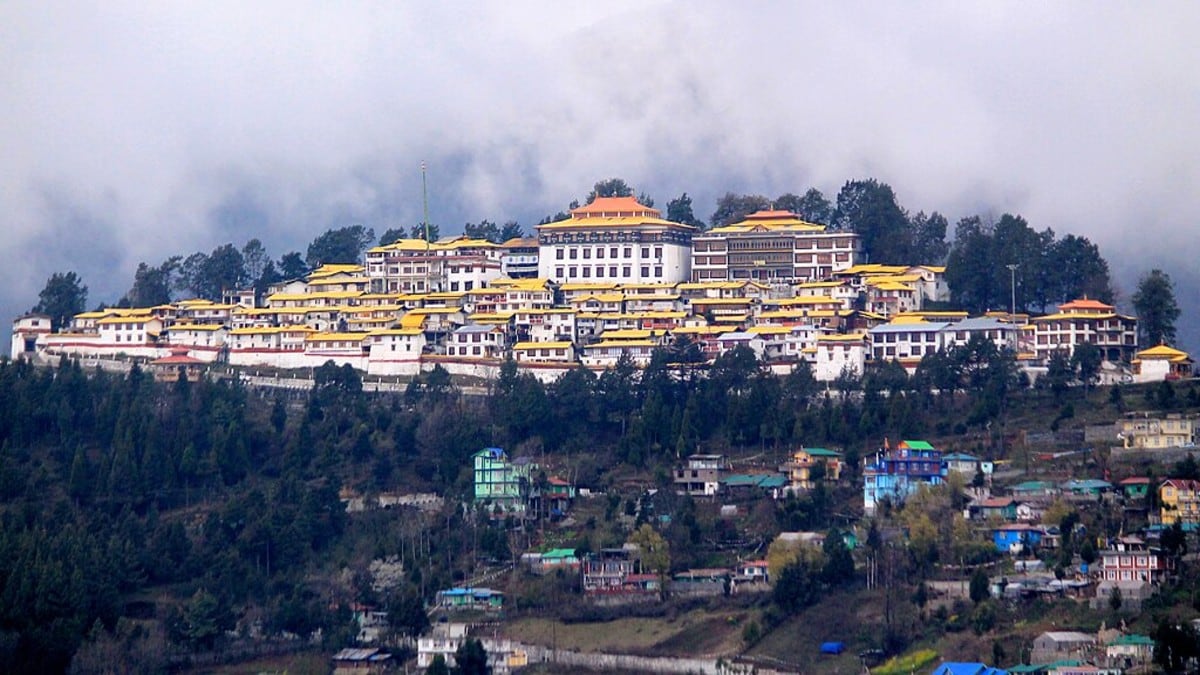
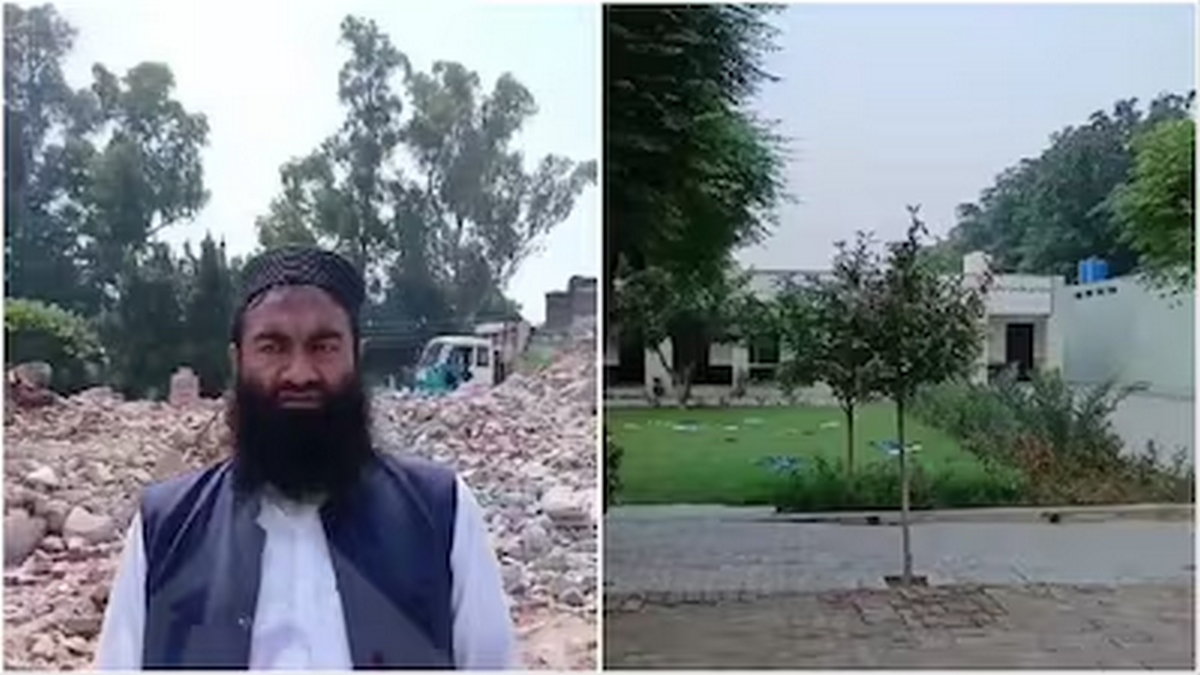)
)
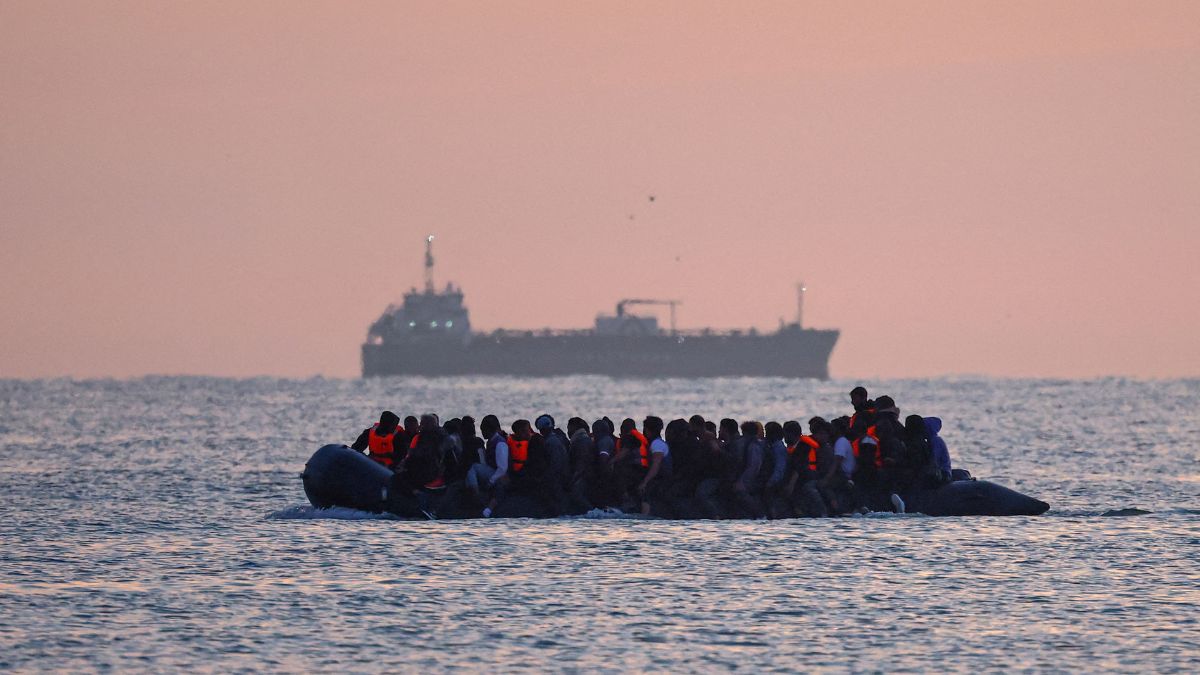)
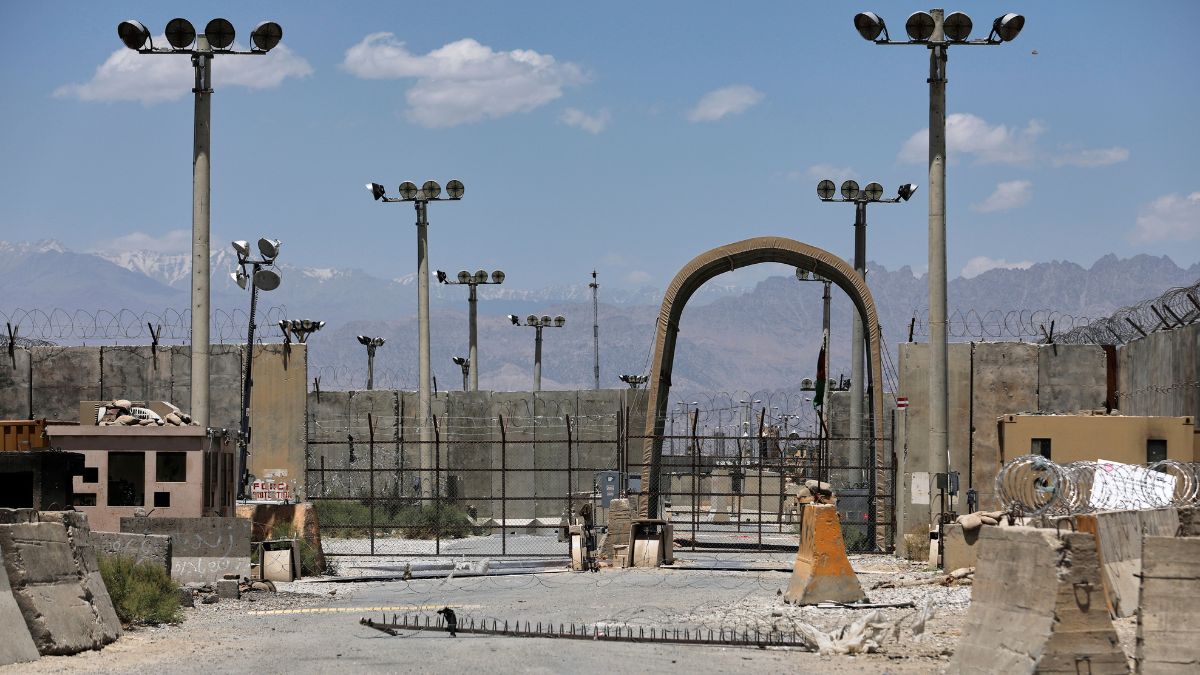)
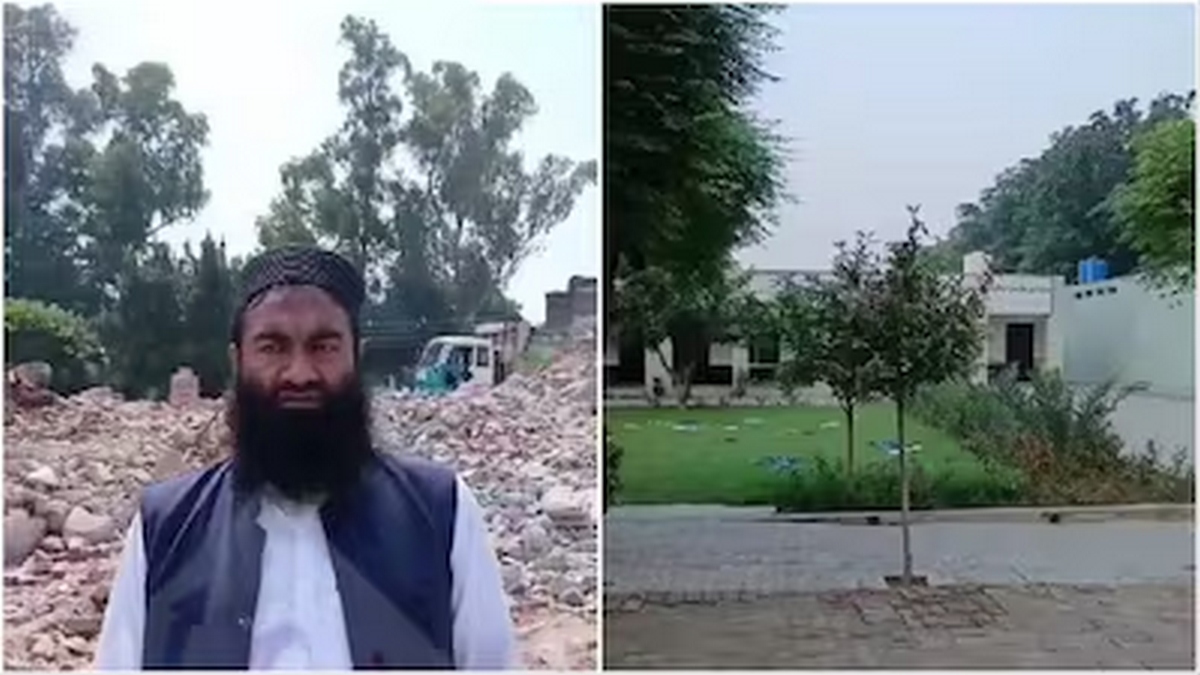)
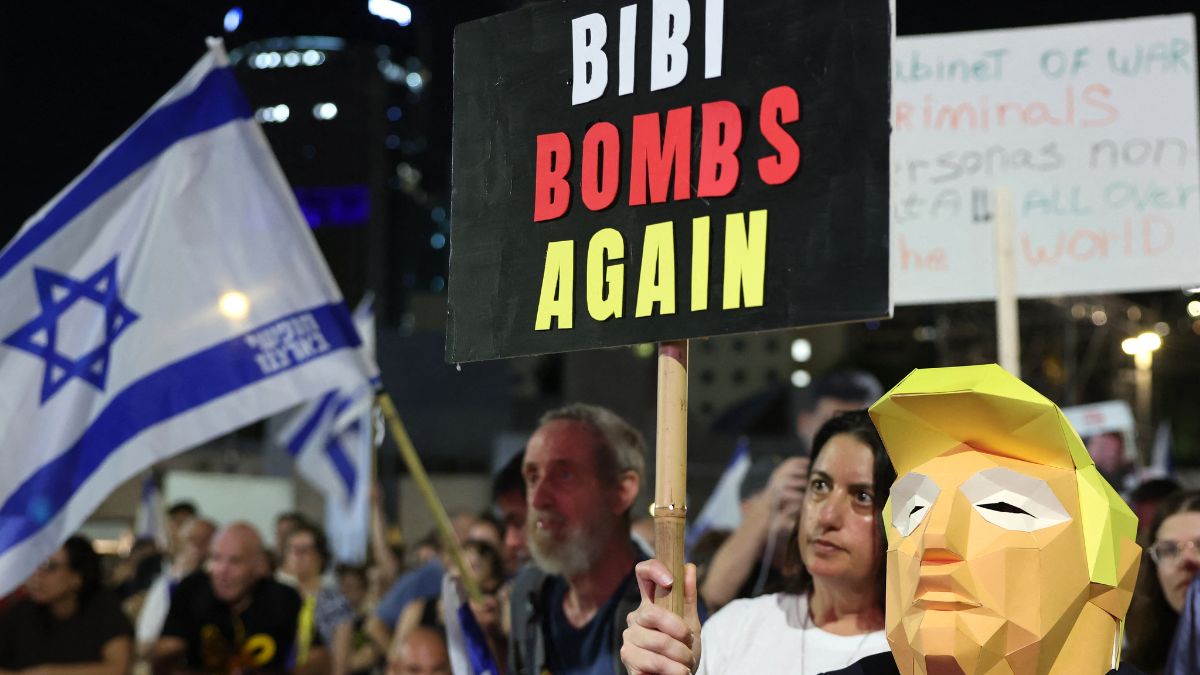)
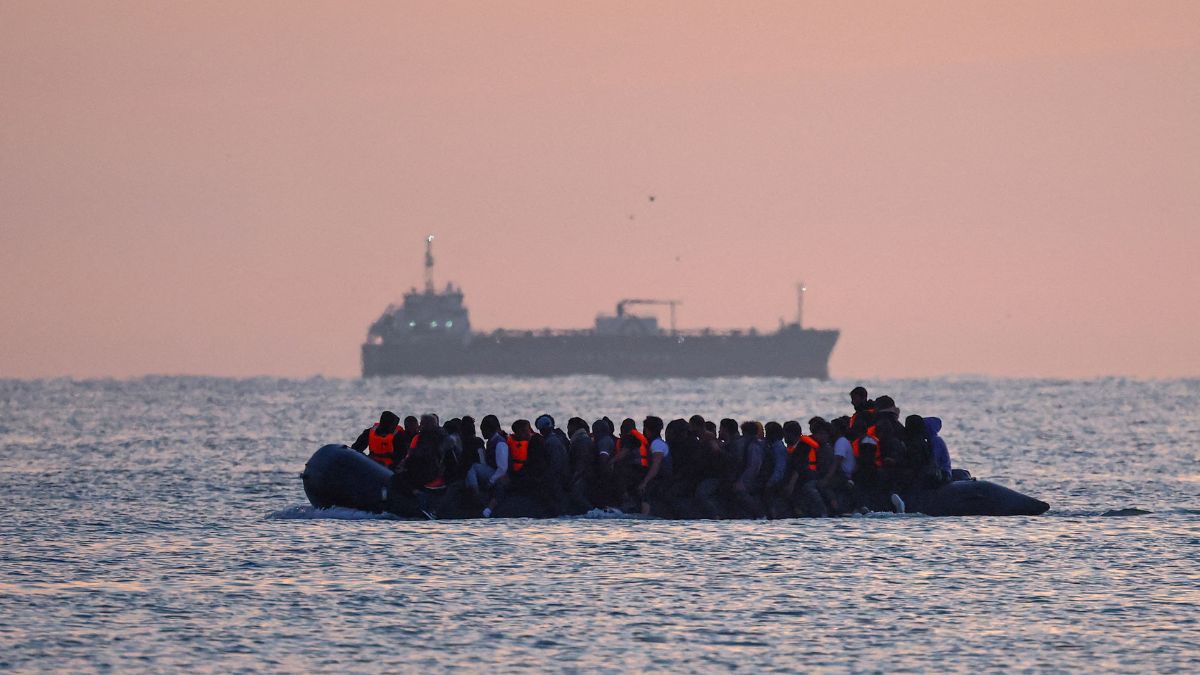)
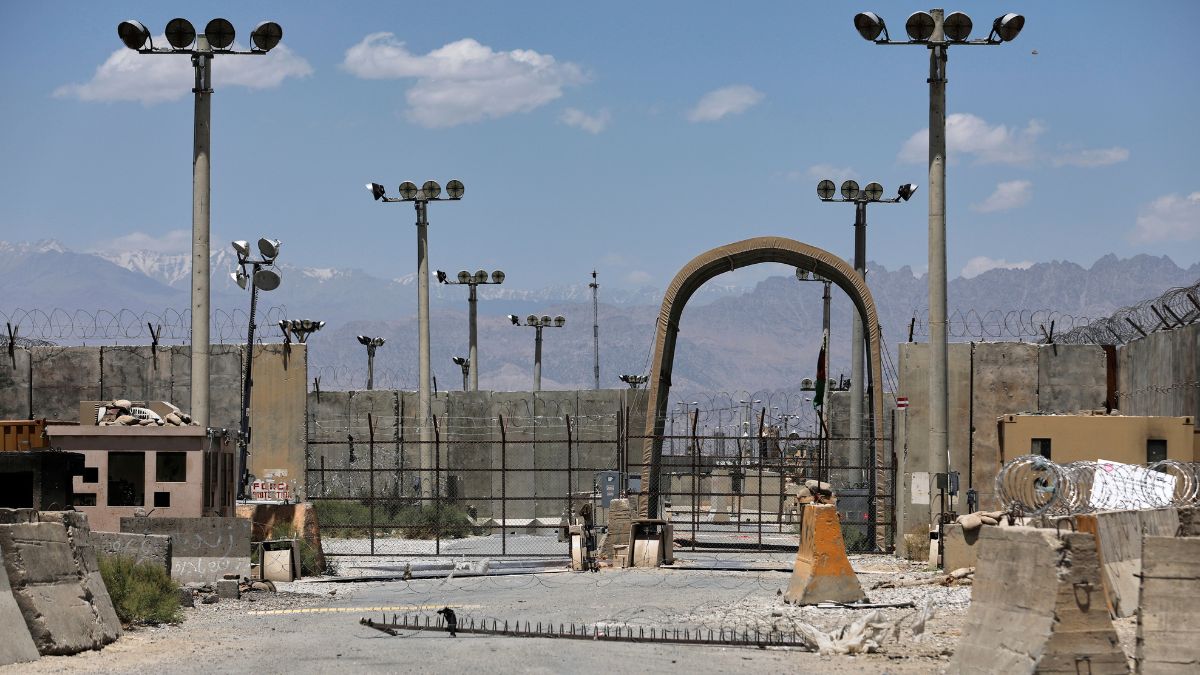)



